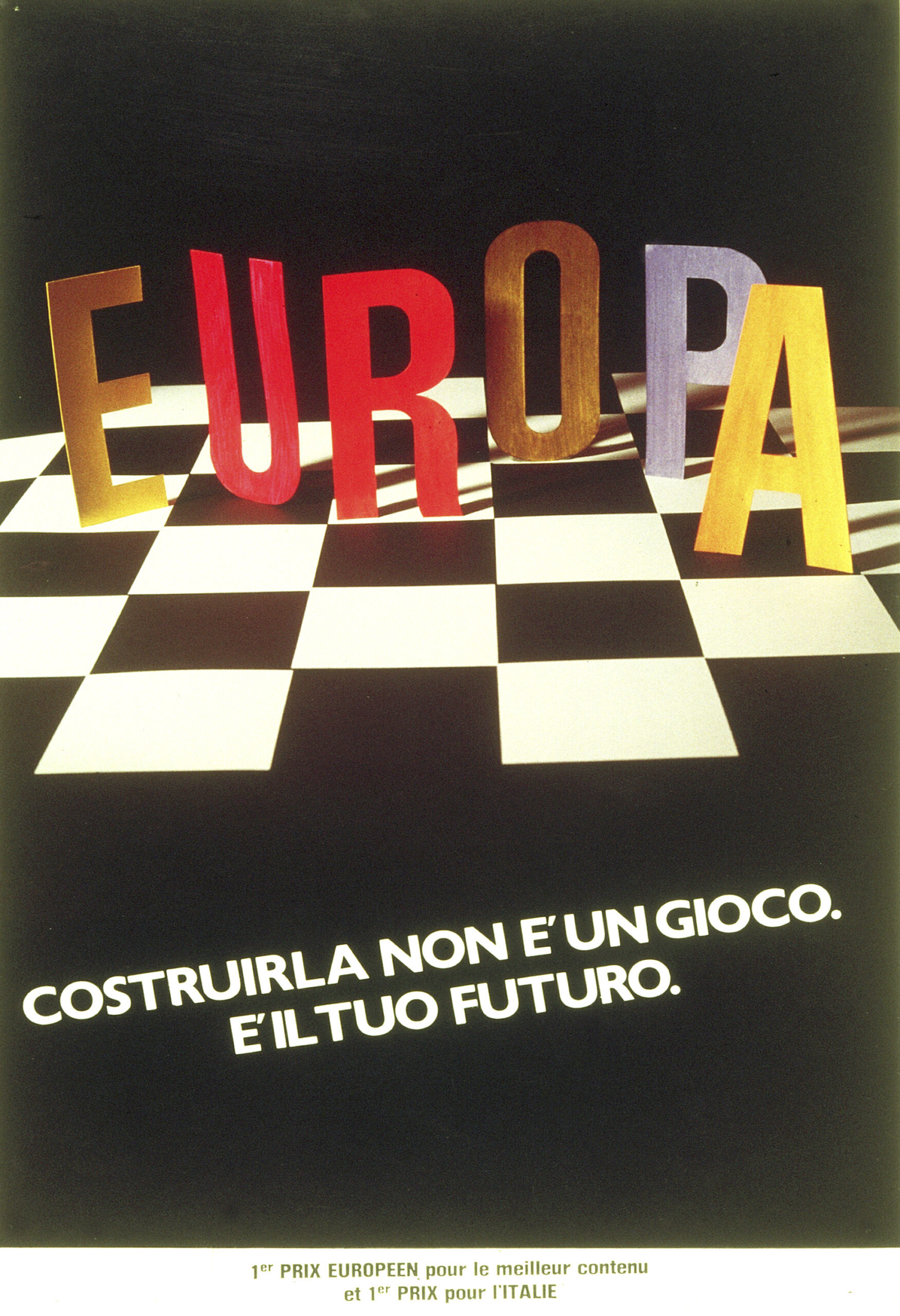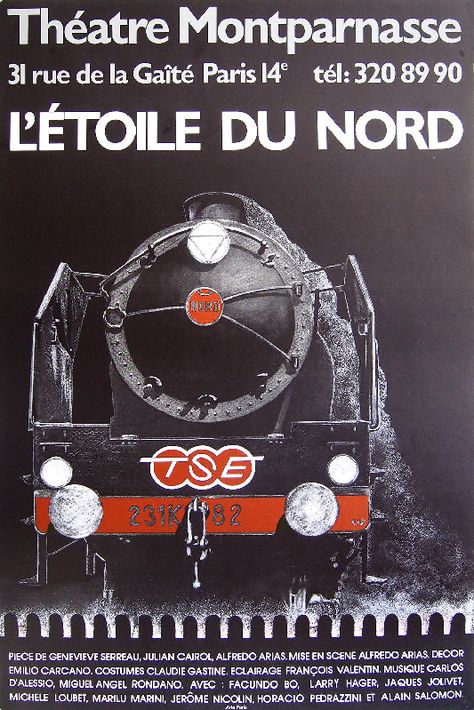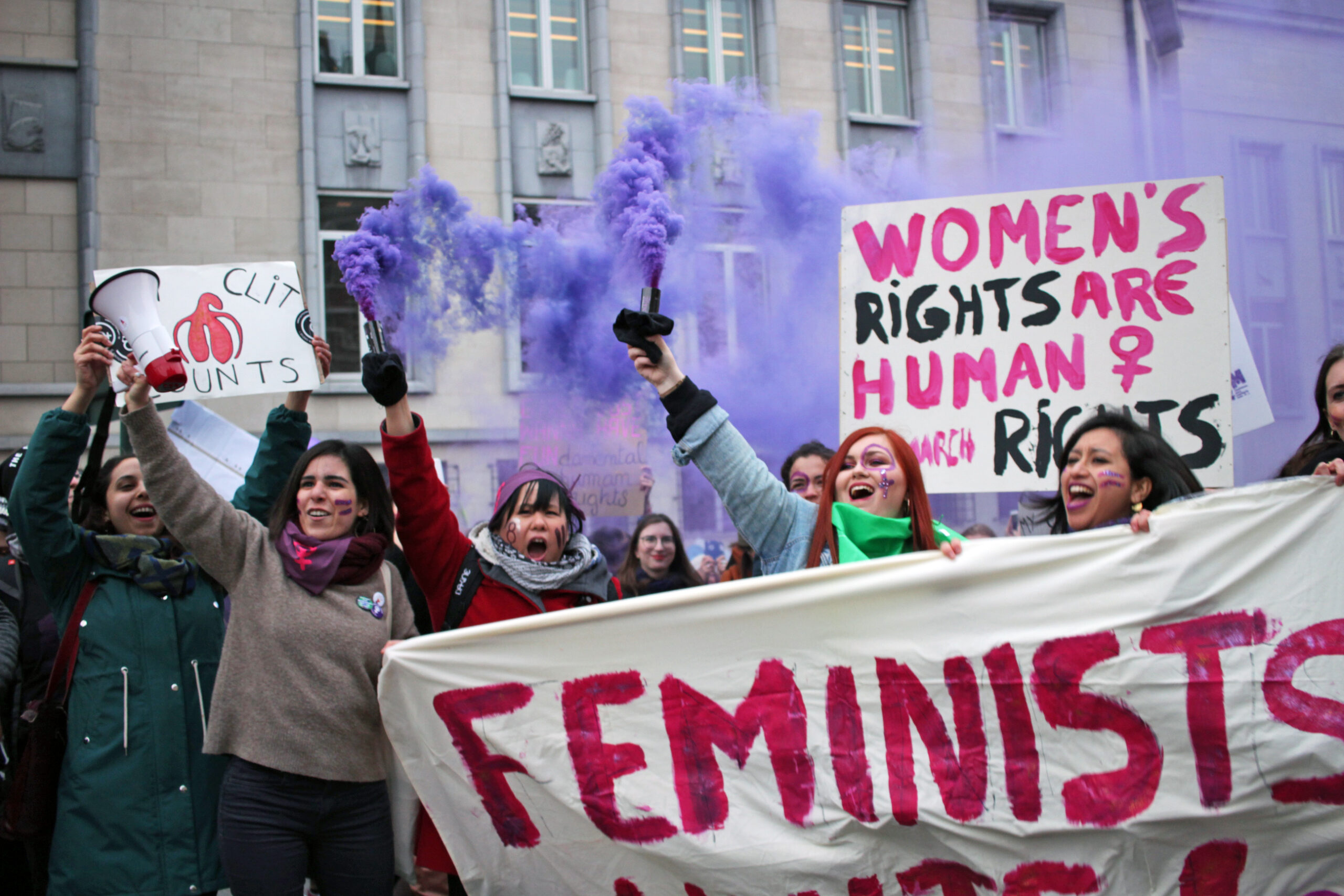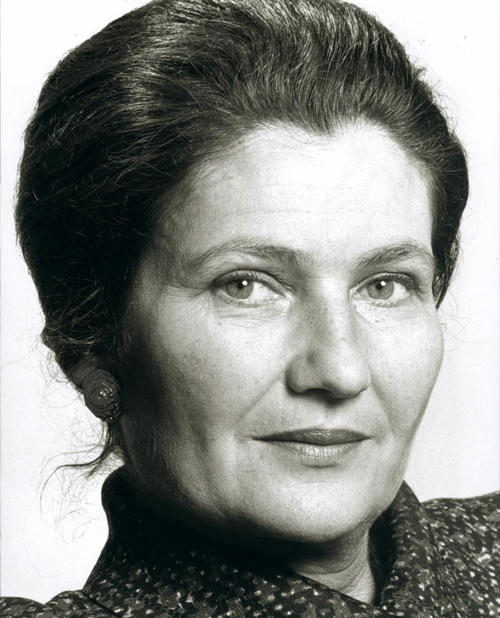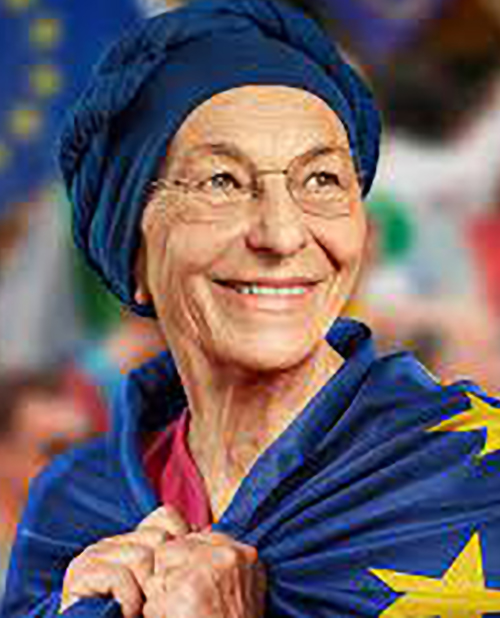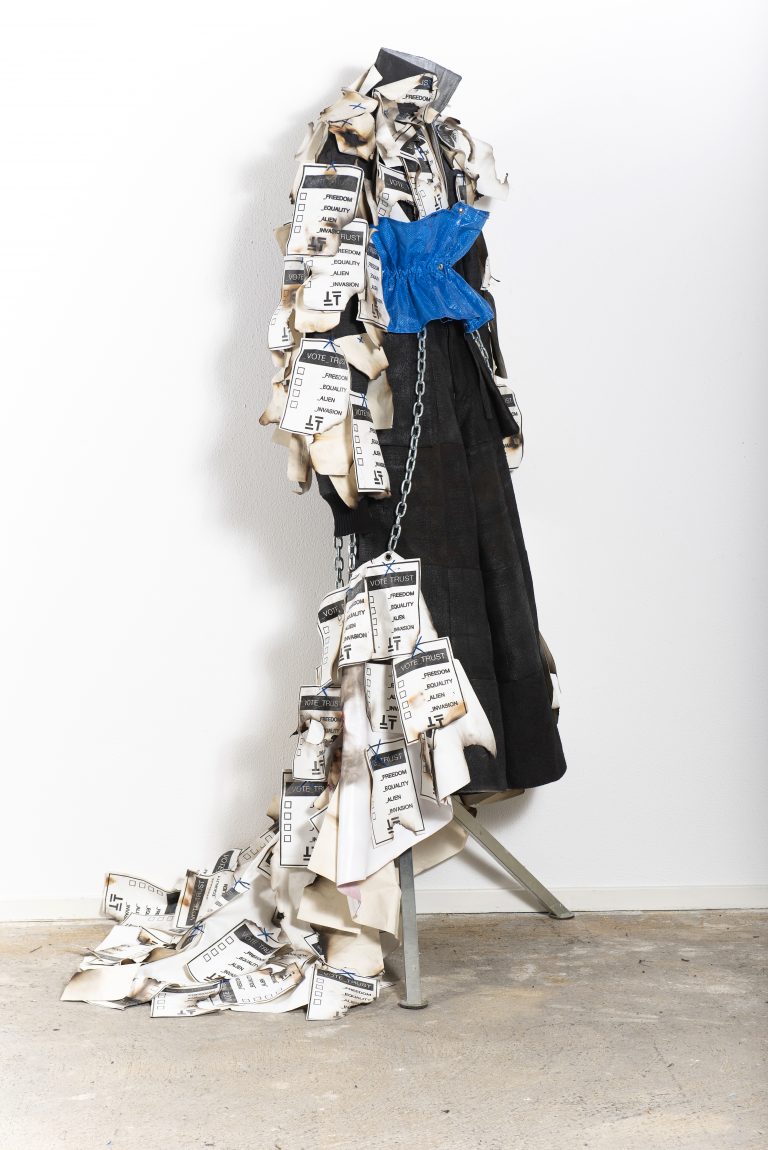EU 1979: A People’s Parliament
A Digital Art Exhibition on Democracy, Human Rights and Women’s Political Participation
Introduction to EU 1979: A People’s Parliament. A Digital Art Exhibition on Democracy, Human Rights and Women’s Political Participation
For Culture Night 2020 we are offering a glimpse into this unique exhibition. The full exhibition will be launched on Monday 19 October 2020 at 7pm as part of the Dublin Arts and Human Rights Festival 2020 – Voices of Hope, Courage and Resilience – taking place online from Friday 16 to Sunday 25 October 2020. Join us for ten days of arts and human rights.

EU 1979: A People’s Parliament is a digital art exhibition remembering and celebrating the 67 powerful women MEP’s elected to the 1979 first European parliamentary elections. This unique virtual exhibition features the names and biographies of all 67 women elected to the European parliament in 1979 with the women acknowledged as trail blazing role models to inspire future generations. The exhibition features visual artworks, images and posters, alongside articles exploring the founding of the EU, the 1979 first European parliamentary elections held by universal suffrage, and biographies of the 67 women MEP’s elected at that time. Listen to a series of interviews with MEP’s conducted in 2020 from Ireland, Germany, the Netherlands and France and discover more about the project, its origins, objectives and outcomes.

The Exhibition Features
Gallery One: A Historical Remembrance
This part of the exhibition provides viewers with a more detailed background to the project and participating organisations and provides Information on the European Union and its origins in WWII. Viewers have the opportunity to get a deeper understanding of the historical background of the EU.
Key articles are:
Totalitarian Regimes in Occupied Europe and the Rise of Fascism and Nazism by Paulina Adryańczyk-Linard.
European Solidarity for Democracy and Equality today by Stephen Herron
Gallery Two: Women’s Stories
This part of the exhibition provides viewers with information on the 1979 European Parliamentary Election and the full biographies and photographs of the 67 Women elected to that parliament from 1979 to 1984. By clicking on the names of each woman you can access a full biography to read.
Names of 67 Women elected
Full Biographies and photographs for the 67 Women elected
Gallery Three: Voices of Today
In this part of the exhibition viewers can listen to interviews with MEP’s from Ireland, France, the Netherlands and Germany. Enjoy a unique panel discussion featuring interviews with politicians , artists and activists and listen to music performed by a range of unique artists celebrating freedom and democracy today.
Gallery Four: What Happened in 1979?
This part of the exhibition provides an overview of memorable events which happened across the world in 1979.
Introduction
In 1979, the introduction of direct popular elections marked an important step in the life of the European Parliament. The 1979 European elections were the first parliamentary elections held across 9 European Community member states in which over 110 million citizens of Europe voted, electing 410 MEPs. The parliament was elected by universal suffrage and these elections were the first world-wide international elections in history thus becoming the first international parliamentary assembly elected directly by the people of its member states.
The exhibition is created as part of a European wide project called EU 1979: A People’s Parliament – Democracy, Human Rights and Women’s Political Participation. The project uses creative processes of film, a feminist framework and online digital resources to remember the first 1979 European parliamentary elections through a celebration of the stories and names of the 67 powerful women MEP’s elected at that time. The project is co-funded by the Europe for Citizens programme of the European Union. The four European partners are Smashing Times (lead partner), Ireland, www.smashingtimes.ie; St Dona Daria, Rotterdam, the Netherlands, www.donadaria.nl; Gottfried Wilhelm Leibniz, University of Hannover, Germany, www.uni-hannover.de and Francais Pour L’Insertion Sociale et Professionnelle en Europe, Paris, France, http://www.fispe.fr/.
Women’s Political Representation
Out of the 410 MEP’s elected in the 1979 European parliamentary elections by universal suffrage, 67 (16%) were women with 2 women MEP’s from Belgium, 5 from Denmark, 12 from Germany, 18 from France, 2 from Ireland, 11 from Italy, 1 from Luxemburg, 5 from The Netherlands and 11 from the United Kingdom.
A key moment was the election of French woman Simone Veil (1927-2017) as the European parliament’s first president on 17 July 1979. She was a French lawyer, politician, feminist and holocaust survivor and a woman who fully embodied the deep values and profound historical reasons for the European integration project. In her eyes, the construction of Europe was the only way to avoid repeating the horrors of the past. She had been firmly convinced of this since her return from the death camps at Auschwitz and Bergen-Belsen in May 1945. She survived through courage and determination and began her career as a magistrate in 1974 going on to become the most celebrated and popular female politician in France serving as Minister for Health and then as first President of the European parliament.
The last generation of survivors and witnesses from the Holocaust are disappearing and it is essential that we continue to find ways to ensure that learning and education on the Holocaust continues. The story of Simone Veil highlights how the historical roots to the EU lie in the Second World War as Europeans were determined to prevent the atrocities, killing and destruction from ever happening again.
Gender Equality
By remembering the stories of the 67 women elected in the 1979 European parliamentary election this digital art exhibition aims to promote gender equality as a core component of peace and democracy for the EU. Equality between women and men is a fundamental EU value. A key component for promoting democracy and peace is to ensure support for feminism including equal economic independence for women and men, equal pay for work of equal value, equality in decision-making, an end to gender-based violence and the promotion of gender equality, dignity and integrity for all people equally across the world.
The EU is founded on the principles of liberty, democracy, respect for human rights and fundamental freedoms, and the rule of law, and was set up to ensure an end to fascism, dictatorships and war. By remembering and celebrating the contribution of 67 powerful women MEP’s to the 1979 European elections, this project highlights the important role the EU can play in promoting democracy, human rights and equality for all, and the promotion of women in political life both at national and EU levels.
Click here for a link to the Project Press Release and partner details.
Highlights of Women Stories
‘Let us begin with the challenge of peace . . we should, none of us, underestimate its fragility . . . our Assembly has, whatever our differences, a fundamental responsibility for maintaining this peace, which is probably the most precious asset in all Europe’.
Simone Veil Acceptance Speech for Presidency of the EU Parliament, 17 July 1979
Highlighted below are some of the stories of the women elected to the EU 1979 European Parliament. Click on the name for each woman to read their story.
God is a We
By Luis Bracamontes
Growing up I was told to pray to God
and that God was a “He”
and that “He” was almighty
above and beyond, omnipotent
I was taught that power was masculine
with a world history of prominent male figures
and daily reminders of who is on top
and who shall be feared
But in the tradition of the women in my roots
I found that power comes from community
the kindness and resilience merge
to create a new source of strength:
Feminine, Matriarcal
I grew up seeing my mother wearing
the skin of their oppressors
and building a legacy
for herself and my sisters, for all of us
So I learned how to read the signs of the times
womxn taking up space
womxn of color holding positions of power
trans womxn raising their voices
trans womxn of color thriving
non-binary folk being celebrated
We need to teach children how to read these signs
a literacy of self-fulfilled prophecies
a relentless hunger to go out
and breath power, hold power, share power
Because representation matters
Nakate, Ocasio-Cortez, Thunberg,
Malala, Moore, and the many more immortalized stories of womxn and queer folk
that fight and conquer to reshape the world we are living
A world where politics become a space to nurture kindness
where we grow flowers from the corpse of corruption
a world where God is a “She”, where God is a “They”
where God is a “We”
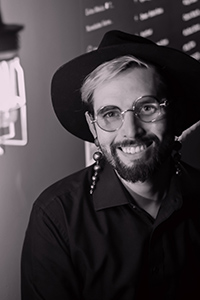
About the author of God is a We: Luis Bracamontes is an award-winning queer feminist poet based in Rotterdam, Netherlands whose work. centers around topics such as mental health, the queer experience and safe(r) spaces. Creator of Unwanted Words (@UnwantedWordsProject), a platform for up & coming queer voices in spoken word. and poetry, host of the Queer Poetry Nights and member of Poetry Circle Netherlands since 2019.

Caged Bird
by Jobert Tremus
‘’Caged’’ Bird is a design made during Political Catwalk a project that allowed 20 young designers to design outfits for Dutch Politicians, to show that Fashion and Politics can easily be combined.
I started of my design with a self-made quote ‘Freedom is the decision of the Bird to fly when it’s master opens the cage” translated in the female voices that never been heard by the suppression and strangulation of men.
I had the honour to design my outfit for Sylvana Simmons from the Dutch party Bij1. As a woman of colour, she had a lot to endure in Dutch politics, but she always stood her ground and made sure she was heard. By talking to her I realized that we still face many inequalities in the Dutch system. That is why I wanted to create an outfit that would elevate her as a person and would visibly show her power and strength.
Visible in the design are burned voting ballots, those represent the female voices/votes that were suppressed and went to waste. In 1919 women were finally allowed to vote in the Netherlands. The train of the outfit was attached with real metal chains she was visibly and theoretically walking around with the weight of all female voices, which she through off during the show. This was a statement in which she would say ‘It is done, let all our voices be heard’.
Credits:
Picture 1: Photography: Pasarella Photography
Picture 2: Photography: Els Zweerink
Styling: Ellen Rooijakkers)
EU 1979: A People’s Parliament
Biographies of Women elected to the 1979 EU Parliament
Implemented by
Smashing Times International Centre for the Arts and Equality, Ireland
St Dona Daria, Rotterdam, the Netherlands
Gottfried Wilhelm Leibniz, University of Hannover
Francais Pour L’Insertion Sociale et Professionnelle en Europe, Paris, France
Supported by Europe for Citizens
Names of 67 Women Members of European Parliament (MEPs) elected to the 1979 – 1984 European Parliament
The following are the names of the 67 women elected to the 1979 European parliament.
Belgium: Members of European Parliament (women) 1979-1984
Belgium had twenty-four members of the 1979 European parliament of which two were women. These women were:
Socialist Party
Anne-Marie Lizin (1949 – 2015) Politician, Cabinet Official, Philanthropist, Author
Democratic Front of French-Speaking Belgiums
Antoinette Spaak (1928-2020) Deputy for Brussels, President of Front des Francophones
Denmark: Members of European Parliament (women) 1979-1984
Denmark had sixteen members of the 1979 European parliament of which five were women. These women were:
Social Democracy
Mette Groes (1937-2014), Academic, social activist
Eva Gredal (1927-1995), Deputy and former minister for Social Affairs
Popular Movement Against the EEC
Else Hammerich (1935-), Professor, politician
People’s Socialist Party
Bodil Boserup (1921-), Municipal Councillor for Copenhagen
Liberal Party
Tove Nielsen (1941-), Former deputy, former Minister of Education
France: Members of European Parliament (women) 1979-1984
France had eighty-one members of the 1979 European elections of which eighteen were women. These women were:
Union for France in Europe
Simone Martin (1943-). Secretary General to the Hautre-Marne Chamber of agriculture
Louise Moreau (1921-2001), Deputy for Alpes-Maritimes, Mayor of Mandelieu – La Napoule
Marie-Jane Pruvot (1922-), Headmistress, Member of Clubs Perspectives et Realities National Burea
Christiane Scrivener (1925-), former secretary of state for consumer Affairs, Deputy secretary General to the Republican party
Simone Veil (1927-2017), Lawyer, politician, feminist, Holocaust survivor and first female President of the European Parliament
Socialists and Radicals of the Left
Gisele Charzat (1941-),Teacher
Edith Cresson (1934), Member of Socialist Party management committee
Yvette Fuillet (1923-2007), Town Councillor for Marseilles, member of Socialist Party management conrnittee
Francoise Gaspard (1945-), Mayor of Dreux, Member of Socialist Party executive bureau, author
Yvette Roudy (1929-), Journalist, author, member of Socialist Party management corunittee
Marie-Claude Vayssade (1936), Working Women’s Training centre leader
French Communist Party
Danielle Demarch (1943-), Central Councillor for Var, Member of central committee
Jacqueline Hoffmann (1939-), Welder, Member of central committee
Sylvie Leroux (1946-), Scientific Research Worker, Assistant to Mayor of Brest
Henriette Poirier (1936-2010), Teacher, Member of the Central Committee
Defence of the Interests of France in Europe
Marie-Madeleine Dienesch (1913-1998), National Assembly, writer
Nicole Chouraqui-Dahan (1938-1998), financial analyst
Louise Weiss (1893–1983) Journalist, politician, feminist and lifelong champion of European values and women’s rights
West Germany: Members of European Parliament (women) 1979-1984
West Germany had eighty-one members of the 1979 European elections of which twelve were women. These women were:
Christian Democrats (CDU)
Marlene Lenz (1932-), Northern Rhineland/Westphalia) Interpreter, international Leader of Womens Christian Democrat movement
Renate-Charlotte (1937-) Rabbetghe (Lower Saxony) Deputy
Dr Hanna Walz (Hesse) (1918-1997) Deputy and member of previous European Parliament
Bavarian Christian Democrats
Ursula Schleicher (1933), Deputy
Socialist Party/Social Democrats
Dr Katharina Focke (1922-2016), Deputy, former minister
Luise HerkLotz (1918-2009), Former deputy, journalist
Magdalene Hoff (1940-2017) Engineer, town councillor
Heinke Salisch (1941-), Town councillor
Lieselotte Seibel-Emmerling (1932-), Member of Bundestag
Beate Weber (1943-), Municipal Councillor
Heidemarie Wieczorek- Zeul (1942-) Former president of Young Socialists
F.D.P. (Liberal Party)
Mechtild Von Alemann (1937-) Member of Landtag
Ireland: Members of European Parliament (women) 1979-1984
Ireland had fifteen members of the 1979 European elections of which two were women. These women were:
Labour Party
Eileen Desmond (1932-2005), politician and member of the Labour party, elected as an MEP in 1979 for the Munster constituency in Ireland.
Fianna Fáil
Sile de Valera (1954-), politician and member of Fianna Fail, elected as an MEP in 1979 for the Dublin Constituency in Ireland, a former teacher
Italy: Members of European Parliament (women) 1979-1984
Italy had eighty-one members of the 1979 European elections of which eleven were women. These women were:
Christian Democrats
Maria Luisa Cerretti Cassanmagnago (1929-2008), Deputy, Member of outgoing European parliament
Paola Gaiotti Debiase (1927-), Professor, writer
Radical Party
Emma Bonino (1948-), Deputy
Italian Republican Party
Susanna Agnelli (1922-2009), Deputy, Mayor of Monte Argentario (Tuscany)
Italian Communist Party
Maria Fabrizia Baduel Glorioso (1927-2017), President of the EEC Economic and Social Committee
Carla Barbarella (1940-) politican
Tulia Carettoni-Romagnoli (1918-2015), Independent Senator, former Vice President of the Senate, former member of European Parliament
Maria Luisa Cinciari Rodano (1921-), Former Vice president of the Chamber of Deputies, Provincial Councillor
Leonilde Jotti (1920-1999), Deputy, member of outgoing European Parliament
Vera Squarcialupil (1928-), Senator, member of outgoing European Parliament
Proletarian Democratic Unity Party
Luciana Castellina (1929), Deputy, journalist
Luxembourg: Members of European Parliament (women) 1979-1984
Luxembourg had six members of the 1979 European elections of which one was a women. This woman was:
Democratic Party
Colette Flesh (1937), Mayor of Luxembourg, Deputy, President of Liberal Women, member of outgoing European Parliament
Netherlands: Members of European Parliament (women) 1979-1984
Netherlands had twenty-five members of the 1979 European elections of which five were women. These women were:
Labour/Workers Party (PVDA)
Ien Van de Heuvel-de Blank (1927-2010). President of Socialist Party from L974 to 1979, deputy
Annie Krouwel-Vlam (1928-), Member of outgoing European Parliament
Christian Democrats
Elise Boot (1932-) academic, politician, jurist
Johanna Rika Hermanna (1943-) known as Hanja Maij-Weggen (1943- ), Dutch politician and Member of European Parliament
Independents
Suzanne Dekker (1949-), Civil Servant with the Ministry for Economic Affairs
United Kingdom: Members of European Parliament (women) 1979-1984
The United Kingdom had eighty-one members elected to the EU parliament of which eleven were women.
There were 81 representatives for the EU parliament elections held on Thursday 7 June 1979 from the United Kingdom. Northern Ireland formed one constituency electing three members by a single transferable voting system of proportional representation. The remaining 78 seats were divided amongst England (66), Scotland (8) and Wales (4) in single member constituencies by a simple majority method of election, similar to elections to the Westminster Parliament.
These women were
Conservative Party
Beata Brookes (1930-2015), Farm Owner and Secretary to Tourism and Catering Company
Baroness Elles (1921-2009), Member of House of Lords, member of former European parliament
Norvela Forster (1931-1993), Chairman, Managing Director of Consultancy Company
Gloria Hooper (1939-), Solicitor in firm of international legal consultants
Elaine Kellett-Bowman (1923-2014), Member of Parliament, Member of former European parliament
Shelagh Roberts, Industrial Relations Consultant
Scottish Nationalist Party
Winifred Ewing (1929), Member of former European parliament
Labour
Janey Buchan (1926-2012), Local Councillor
Barbara Castle (1910-2002), Member of Parliament, Former Minister
Ann Clwyd Roberts (1937-), Journalist
Joyce Quin (1944-), University Lecturer
Greece elected 24 MEP’s with no female representation
Greece: Members of European Parliament (women) 1979-1984 (1981)
Greece had 24 members of the 1979 (1981) European elections of which 0 were women.

